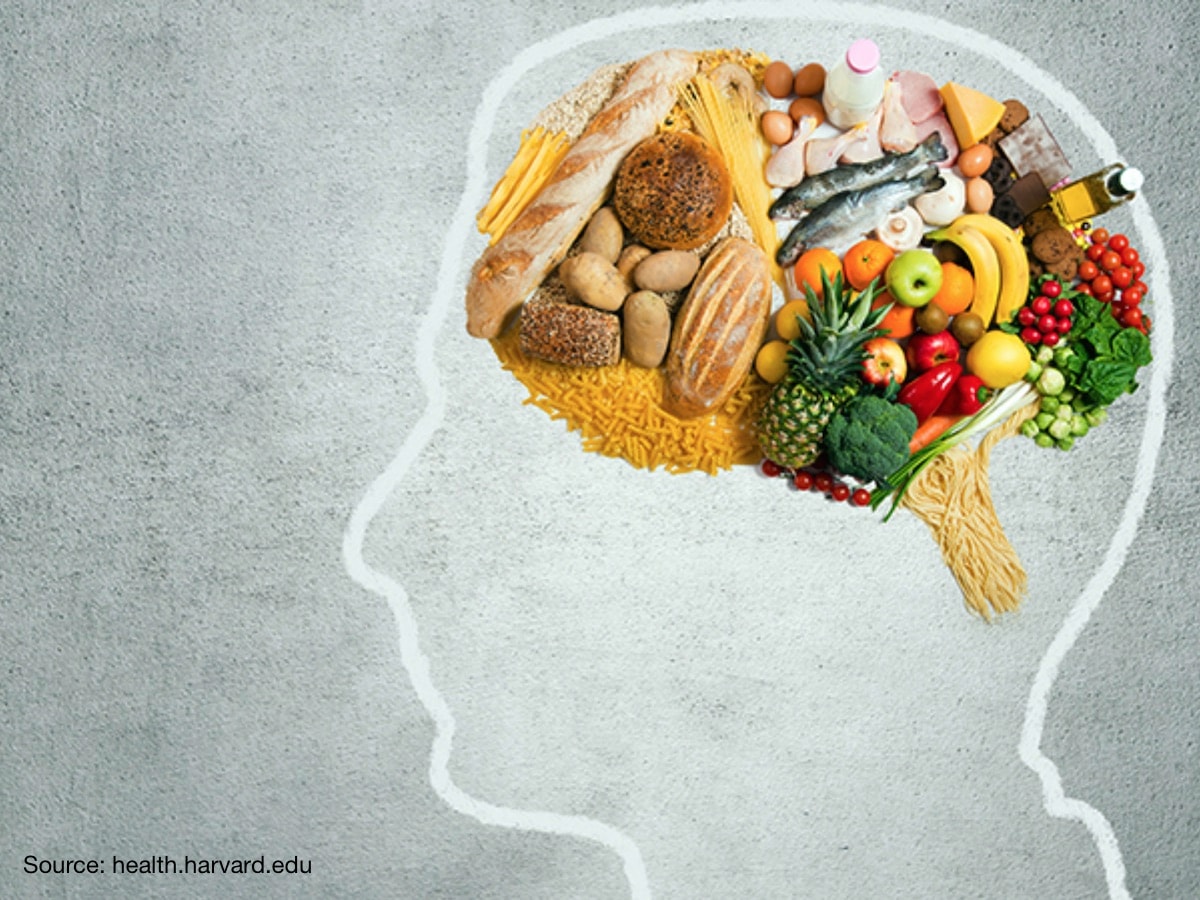Concentration is key to productivity and success in many aspects of life, whether it’s work, study, or daily tasks. But did you know that what you eat can significantly impact your ability to focus? In this blog, we’ll explore the link between diet and concentration, diving into how your food choices can boost your mental clarity and performance.

Understanding the Gut-Brain Connection
The gut-brain axis is a remarkable communication network that links the gut and brain. A diet that nurtures gut health can positively influence this connection. This intricate pathway allows signals from the gut to affect brain function, impacting how well you concentrate.
Research suggests that this connection is mediated by various neurochemicals, including serotonin and dopamine, which play vital roles in mood and concentration. Approximately 90% of serotonin receptors are located in the gut, illustrating a profound link between dietary choices and mental states. For an in-depth understanding of these neurotransmitters, take a look at our blog on Understanding Neurotransmitters.
By fostering a balanced gut microbiome through diet, you can enhance neurotransmitter production and ultimately support better concentration. Foods rich in fiber, such as fruits and whole grains, can enhance gut health and improve these crucial connections.
Key Nutrients That Boost Concentration
Certain nutrients are essential for maintaining optimal brain function. Omega-3 fatty acids play a pivotal role in brain health, influencing everything from membrane fluidity to signal transmission. They can be found in abundance in fatty fish like salmon and mackerel, which are known to boost memory and cognitive abilities.
Antioxidants help combat oxidative stress, which can impair brain function. Berries, rich in antioxidants, can reduce brain inflammation and improve concentration. Their effects are so beneficial that including them regularly in your diet is strongly recommended. For more brain-boosting foods, discover Brain Foods that May Help You Concentrate.
Vitamins such as B-complex and vitamin D are vital for cognitive health. Vitamin D is often linked to improved mood and mental alertness, underscoring the importance of ensuring adequate vitamin levels through diet or sunlight exposure.
Foods to Include in Your Diet
Incorporating leafy greens, such as spinach and kale, into your meals can significantly benefit brain health. These greens are packed with essential nutrients that have been linked to enhanced mental clarity and focus.
Nuts and seeds provide healthy fats and antioxidants, which are critical for sustaining energy levels needed for prolonged concentration. Walnuts, in particular, are known for their high omega-3 content, supporting cognitive performance.
Introducing a variety of berries, such as blueberries and strawberries, to your diet can protect your brain from oxidative stress. These fruits are renowned for their effects on improving memory and overall brain health.
The inclusion of whole grains, such as oatmeal and brown rice, provides a slow release of glucose into the bloodstream, ensuring steady energy that aids in maintaining focus throughout the day.
Foods to Avoid for Better Focus
In contrast to beneficial nutrients, certain foods can be detrimental to your concentration levels. High-sugar foods, for example, can lead to energy spikes followed by crashes, hindering your focus.
Due to their low nutritional value and potential for causing brain fog, it’s best to minimize processed foods in your diet. Opting for natural, whole food alternatives can improve mental clarity.
While caffeine can provide a temporary boost in concentration, excessive consumption can lead to jitters, anxiety, and energy crashes. Moderation is key when consuming caffeinated products like coffee and energy drinks.
Fast foods and heavily fried items often contain high levels of unhealthy fats like trans fats and may impair cognitive processes. Choosing healthier baking or grilling methods can enhance both physical and mental health.
Creating a Balanced Meal Plan
Developing a meal plan that incorporates an array of brain-enhancing foods ensures that your cognitive capabilities remain sharp. It’s crucial to balance macronutrients such as proteins, healthy fats, and complex carbs for sustained energy input.
A typical day could start with a breakfast of oatmeal topped with berries and nuts. For lunch, a leafy green salad with a side of salmon offers both antioxidants and omega-3s. Snacks like a handful of almonds or a piece of dark chocolate can fend off midday slumps.
Dinner options might include whole grain pasta with roasted vegetables and olive oil, offering more than just sustenance but a concentrated dose of nutrients aimed at boosting cognitive capacity.
For those looking to supplement their diet, consider exploring MindSet™ Daytime Formula for additional support in maintaining focus and emotional balance.
Wrapping Up: Diet and Concentration
In conclusion, maintaining a balanced diet rich in brain-boosting nutrients can markedly enhance your concentration. By making mindful food choices and incorporating specific nutrients into your meals, you pave the way for improved focus and productivity. Remember, a nourished brain is a focused brain, so fueling it with the right foods is essential. For those looking to boost their focus further, explore our MindEdge™ Support Formula for Memory, Focus, and Cognitive Performance and stay sharp throughout the day.




